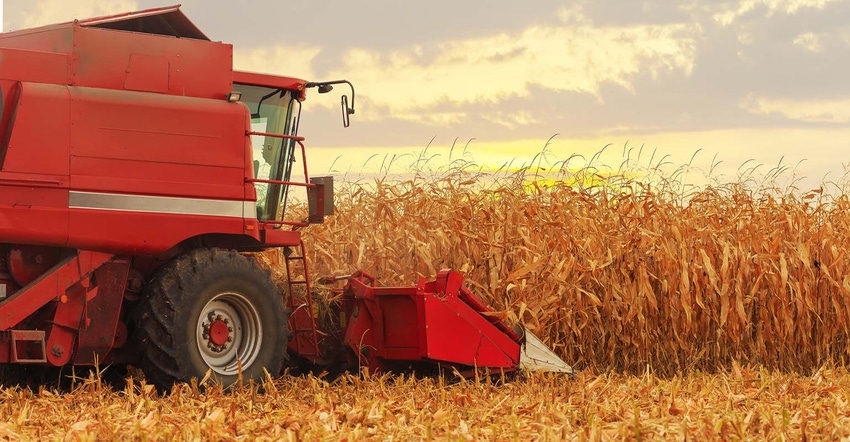August 24, 2020

Are you ready for harvest amid a pandemic? Jeff Bender, director of the Upper Midwest Agricultural Safety and Health Center (UMASH), says following CDC guidelines, including social distancing, remains important even if your community has not had a COVID-19 diagnosis.
Prevention is the key to safety, Bender said. During harvest, this means increased vigilance as grain moves from the farm to elevators, ethanol plants, food and feed mills, and rail and river terminals.
Each of these entities are different. They have different approaches to receiving your grain to maintain your safety, their employee’s safety and others who visit the delivery points such as maintenance personnel and grain inspectors.
NCGA reached out to several delivery locations and found one common piece of advice: communicate before harvest with the delivery points you may be using this fall. They should be able to answer questions like:
Are there any new local or state regulations affecting operations?
Are there any new delivery protocols?
Will there be any scheduling for delivery?
Is the office open, and if not, how will you get a delivery ticket?
Are you using any new technology, such as mobile apps, to simplify the entire process?
Will you be doing any customer briefings?
Safety first
Don’t forget general safety, either, as the crop looks good across many parts of the country. A large crop often translates into longer days and increased logistics. The hectic work schedule can lead to problems with fatigue, loss of concentration and injuries. Even minor injuries from slips, trips, and falls on the farm during harvest sounds minor, but resulting injuries continue to be the leading cause of hospital visits for farmers.
Injury prevention is key. Keeping three points of contact when climbing structures, as well as simple measures to decrease tripping hazards in the workshop and grain storage area, are two easy ways to prevent injury. As hospitals and medical institutions respond to COVID-19, avoiding emergency medical needs is especially important.
“Throughout harvest be respectful of others' safety and remember it’s about everyone’s health, business continuity and community,” Bender said.
Here are some more suggestions on staying healthy on the farm during COVID:
Schedule a brainstorming meeting with all family and employees involved in the operation to discuss possible scenarios and make a list of immediate changes that can lower risk.
Minimize the exposure of outsiders. Use telephone, emails or texts for communications with employees or contractors who do not reside on the farm. Observe appropriate social distancing if someone needs to visit the farm or work on site.
Consider cross-training of family members and employees regarding key functions and appropriate safe operation of equipment.
Increase sanitation of workspaces and make it part of your daily/weekly routine. Simple things like disinfecting work surfaces, countertops, computer keyboards, doorknobs, hand railings, tractor controls, and monitors can make a difference.
Make cleaning supplies readily available, including cleaning solutions, buckets, mops, brushes, etc. for cleaning break areas and the shop readily available. Place disinfectant wipes and hand sanitizer on equipment and in truck cabs and in high traffic areas.
Stay in the house if you’re sick. If employees are sick, tell them to stay home, and if the family is sick, they should isolate themselves as much as possible and not visit work areas.
Develop a written contingency plan and make sure everyone has a copy. Are there neighboring farmers who might be able to share resources and or labor in an emergency? Who will manage for a few weeks if you or another key person is unable to leave your house or are hospitalized?
Source: NCGA, which is solely responsible for the information provided and is wholly owned by the source. Informa Business Media and all its subsidiaries are not responsible for any of the content contained in this information asset.
Read more about:
Covid 19You May Also Like




